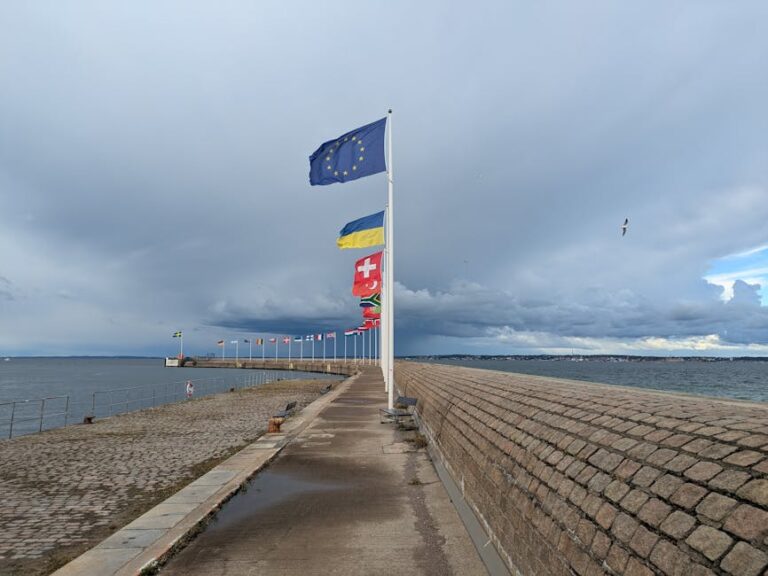The European Union has acknowledged that a senior official reviewed text messages pertinent to its COVID-19 vaccine procurement deal. The EU stated it has no obligation to retain these messages, despite significant interest from journalists seeking them.
The European Commission confirmed this week that a top official did review text messages exchanged with Pfizer’s CEO, a crucial development in the ongoing transparency debate surrounding the bloc’s substantial COVID-19 vaccine purchases. However, the Commission maintained it was under no obligation to preserve these communications, citing no such legal duty. This admission comes after repeated requests from journalists and transparency advocates who argue that these messages are vital for understanding the decision-making process behind the multi-billion-euro deal. The lack of retention raises questions about accountability and the EU’s commitment to open governance in high-stakes public procurement.
“The transparency surrounding the EU’s vaccine deals remains a critical concern for citizens and watchdogs alike. The inability to access or retain key communications undermines public trust and hinders proper oversight.”
The controversy highlights broader challenges in ensuring transparency in executive communications, particularly when sensitive negotiations occur via informal channels. Critics argue that this practice could become a loophole for avoiding public scrutiny, potentially impacting future public health initiatives and government contracts. The European Ombudsman has previously called for clearer rules on the preservation of digital communications by EU officials to prevent such transparency gaps. The implications extend beyond the vaccine deal, potentially setting a precedent for how future high-value negotiations are documented and made accessible.
The EU’s stance on retaining these critical text messages underscores an ongoing tension between executive prerogative and public demand for transparency. Future efforts may focus on establishing clearer guidelines for digital communication preservation to ensure accountability in significant public sector deals.




